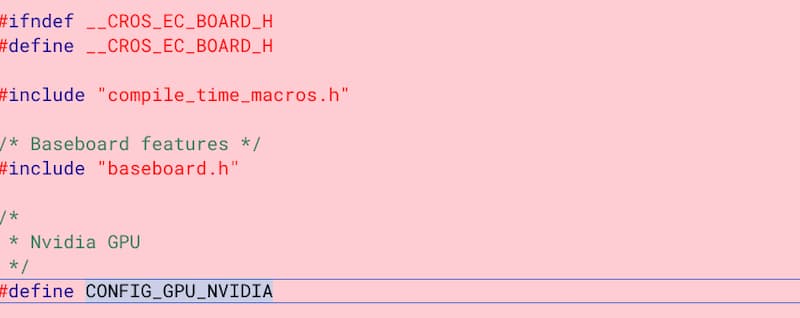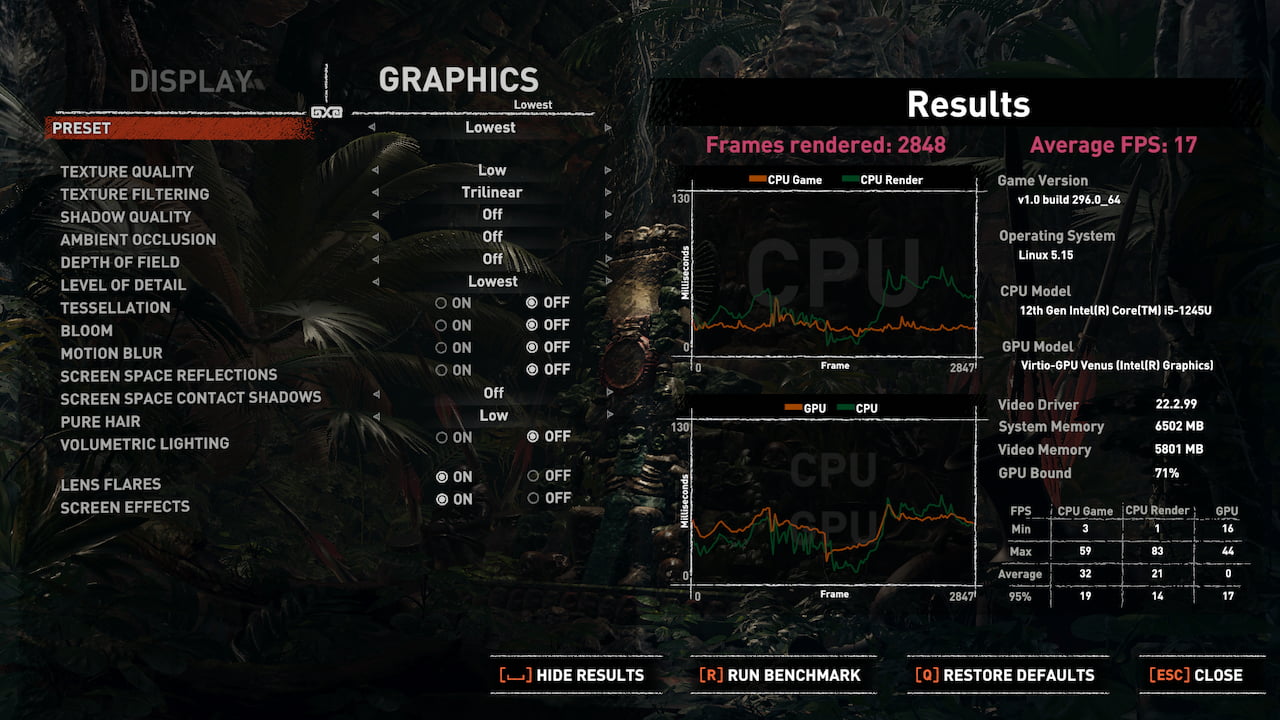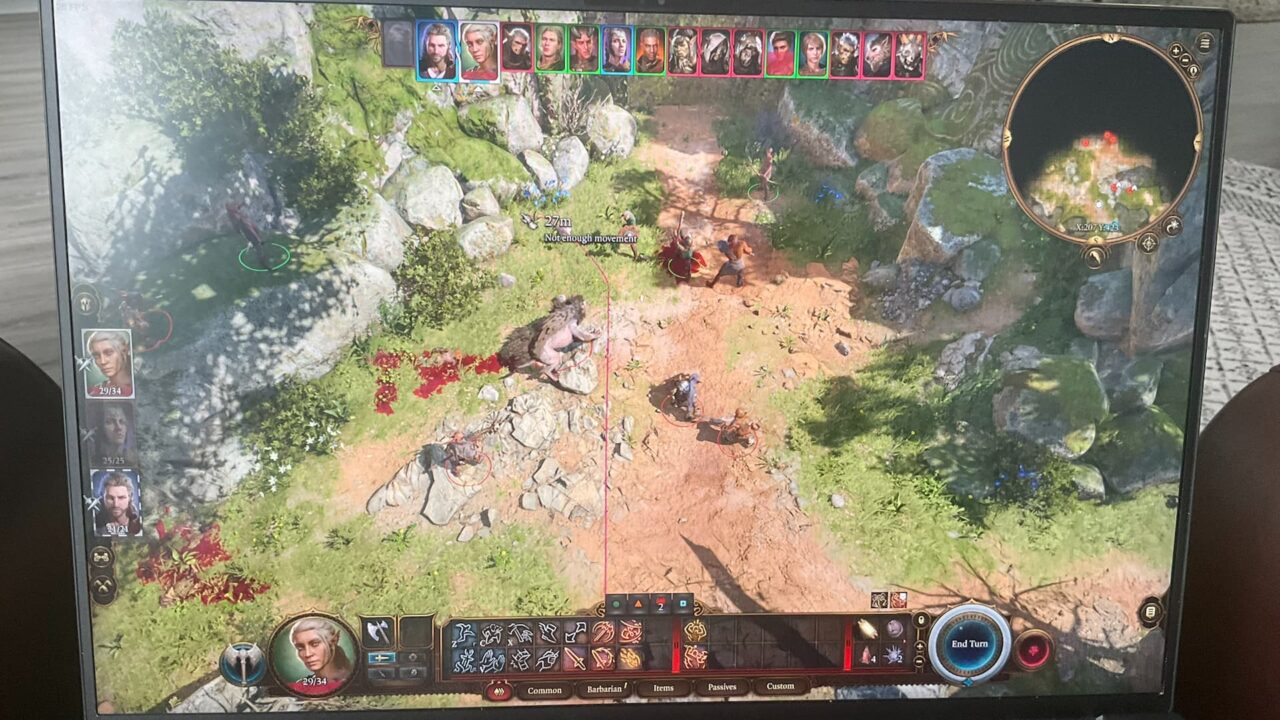This isn’t turning out to be a good week if you’re a Chromebook hardware fan. Previously planned Chromebooks with Nvidia GPUs are no longer in the works. This follows Monday’s news that Qualcomm Gen 3 Snapdragon 7c Chromebooks were canceled.
Indeed, a reader comment from the Snapdragon post pointed out the Google code that explains, in no uncertain terms, that several ChromeOS baseboards have been canceled. I did a little more research and all three of those boards share one common feature. They all were designed to support Nvidia GPUs.
Here’s the code commit message:
Clean house on some dead boards
Herobrine, Hades, and Agah are all cancelled. The infra (overlays,
builders, etc) have already been shut down for them. Delete.
Agah, Hades, and Herobrine all have, or had, the following attribute in their build files, clearly indicating these would be Chromebooks with Nvidia GPUs.

This cancellation applies to any specific Chromebook models expected to use the board as well. So the Cora and Zeus devices found by 9to5 Google back in May aren’t coming to market. I double-checked both of those device names and they were to use the Hades board.
I’m extremely disappointed to hear this. More so than the lack of ARM Chromebooks on a newer Snapdragon chip.
Why? Because after testing Steam on a Chromebook with integrated Iris Xe graphics, I’m feeling underwhelmed.

For a compelling game experience, integrated GPUs don’t cut it unless you don’t mind playing older games. And considering my last two PC game purchases have been Diablo IV and Baldur’s Gate 3 in the past several weeks, I do mind playing older games.
I really expected Chromebooks with Nvidia GPUs to address my Steam gaming concerns. I know it would have because I’ve been playing my two recently purchased games on a laptop with an old Nvidia RTX 3050 Ti GPU.
And it works astoundingly well even if the performance doesn’t compare to a full desktop GPU.
I can play Baldur’s Gate 3 with High graphics quality settings and max out the 60 frames per second that my laptop screen can push. Sure, there are some drops to between 35 and 40 fps every so often but it really doesn’t impact the gameplay.

Perhaps the Chromebook X platform will address my concerns here. It’s far too early to say, although I don’t think the big push for those devices will be for gaming. Another option might be devices with discrete AMD GPUs, or at least more modern ones. The Ryzen APUs in current Chromebooks aren’t that powerful, at least not from a gaming standpoint.
Let’s hope bad things don’t come in threes this week and that news of canceled Chromebook projects stops after just two.

